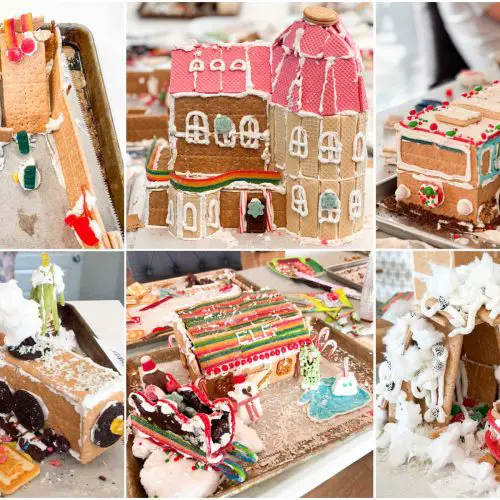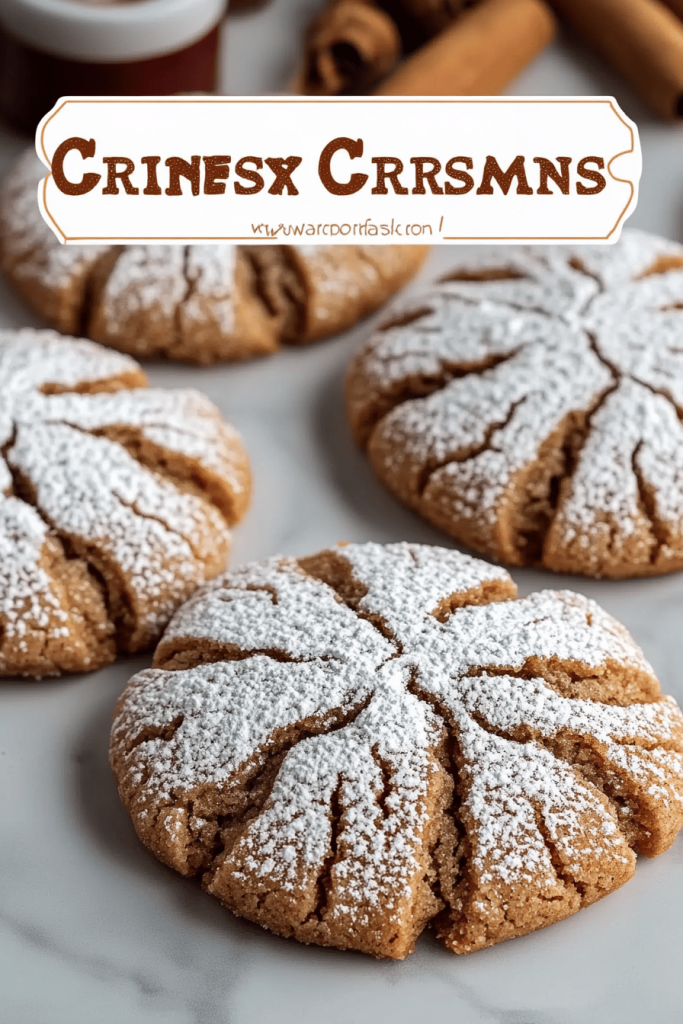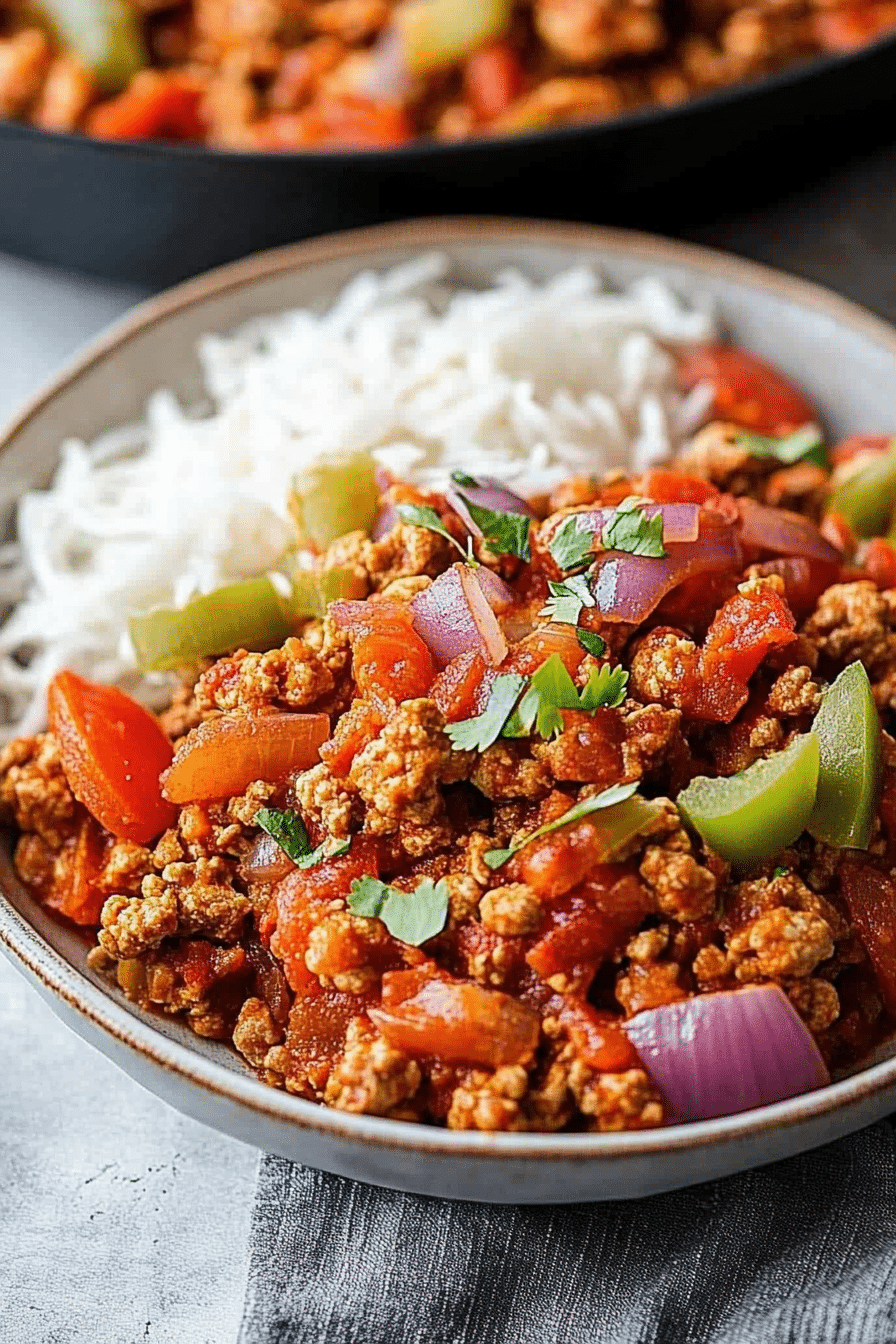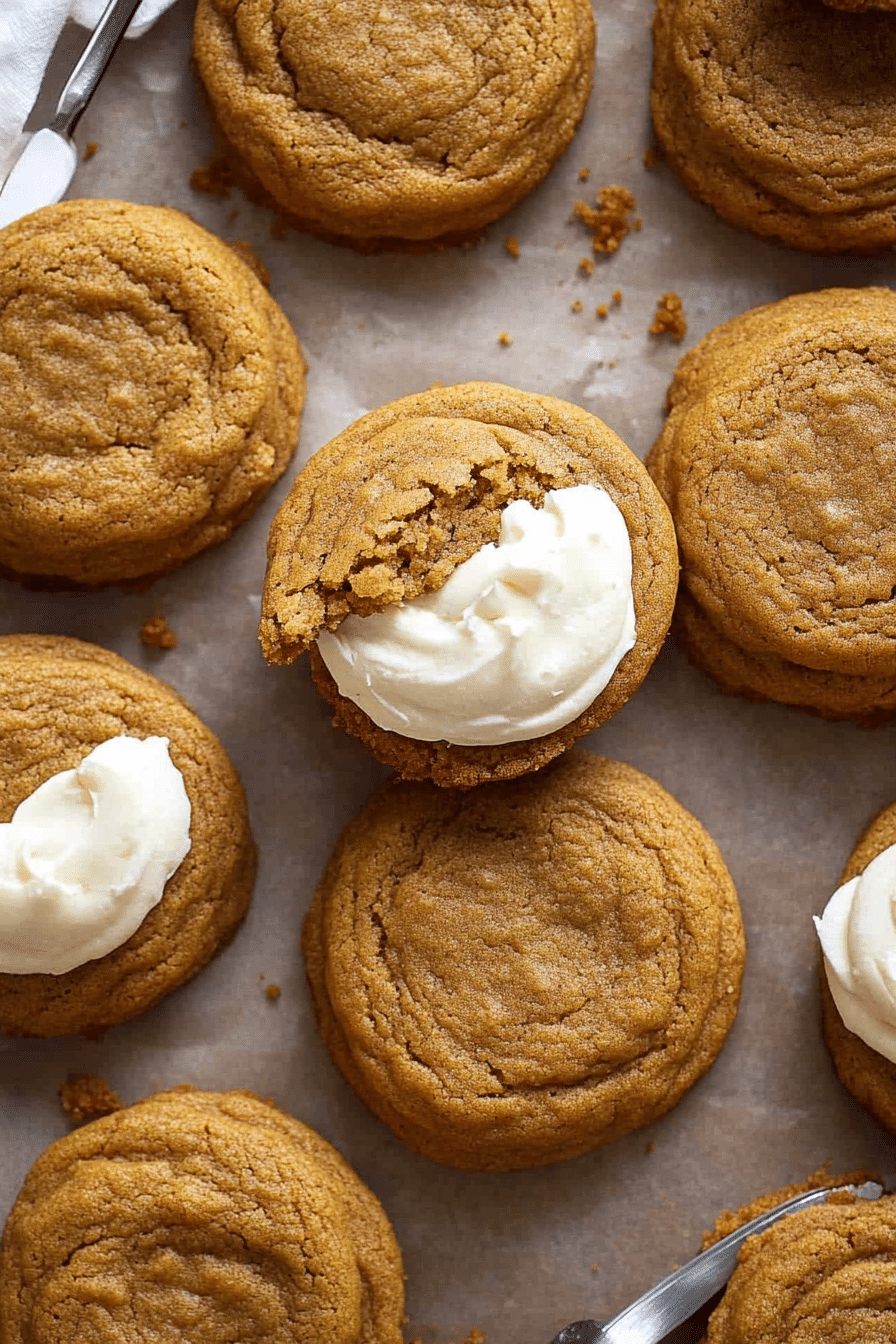Oh, where do I even begin with this one? It’s been a chilly evening here, perfect for a cozy movie night, and as the wind howled outside, my mind drifted back to a particular childhood obsession – not just eating gingerbread, but the entire magical world it conjures. You know those movies that just stick with you, the ones you can watch a dozen times and still find something new to love? Well, for me, the ultimate gingerbread house movie experience isn’t just about the film itself; it’s about recreating that sprinkle-covered, candy-adorned magic right here in my own kitchen. I remember when I first saw it, the sheer wonder of it all. It was like stepping into a storybook. And from that moment on, my mission was clear: to bring that fantastical gingerbread house movie vibe to life, one edible creation at a time. This isn’t just a recipe; it’s an invitation to relive those cherished moments and build new traditions, all wrapped up in the warm, spicy scent of gingerbread. It’s like a hug in edible form, really. If you’ve ever felt that pull towards whimsical, delicious creations, then you’re in for a treat because this post is all about blending the joy of a classic gingerbread house movie with the absolute delight of making your own edible masterpiece. It’s a little bit of nostalgia, a lot of fun, and a whole lot of deliciousness!
What is the Gingerbread house movie experience like?
Okay, so when I say “gingerbread house movie experience,” I’m not talking about a specific film title (though there are some gems out there!). Instead, I’m referring to that feeling, that immersive, whimsical atmosphere that a truly captivating story about gingerbread houses can evoke. Think about those heartwarming tales where a gingerbread house isn’t just a decoration, but a portal to adventure, a place of wonder, or even a cozy sanctuary. It’s the kind of narrative that sparks creativity and makes you crave the very thing you’re seeing on screen. It’s essentially the cinematic equivalent of your favorite holiday baking spree, amplified. It’s about the intricate details, the vibrant colors of candies, the structural integrity of gingerbread walls, and the pure joy of bringing a sweet vision to life. The “experience” is the whole package: the anticipation of building, the creative process, the delicious aromas, and of course, the final, edible result that brings a smile to everyone’s face. It’s more than just baking; it’s storytelling with flour, sugar, and spice!
Why you’ll love this Gingerbread House?
What are some of the Best Reasons to make a gingerbread house?flavor! This gingerbread isn’t just pretty; it’s packed with all those warm, comforting spices like ginger, cinnamon, and cloves that just scream holiday cheer. It’s got a lovely crispness when baked just right, but still has that satisfying chewiness that’s perfect for building. Then there’s the simplicity, believe it or not. While it might look intimidating, I’ve fine-tuned this recipe over the years to be surprisingly straightforward. The dough is wonderfully workable, and I’ll share all my little secrets to make assembly a breeze. You won’t be wrestling with crumbly dough or complicated techniques here, I promise! Plus, it’s incredibly cost-effective. You probably have most of the pantry staples already, and the candies are where you can really have fun without breaking the bank. It’s a fantastic way to create something truly special on a budget. And let’s talk about versatility! Once you’ve got the basic house structure down, the possibilities are endless. You can go wild with candy decorations, create a whole gingerbread village, or even scale it down for cute little gingerbread cookies. What I love most about this is that it transforms an ordinary baking session into a full-blown family activity. It’s the kind of project that brings everyone together, from the littlest helpers to the most seasoned bakers. It’s not quite as elaborate as a full-blown wedding cake, but it certainly has that same sense of occasion and delight. This recipe is truly my go-to when I want something that feels festive, looks impressive, and tastes absolutely divine. It’s a winner, every single time!
How do I make my own gingerbread house?
Quick Overview
This whole process is about building a sturdy, delicious gingerbread house that’s as fun to decorate as it is to eat. We’ll start by making a reliable gingerbread dough that’s perfect for cutting and baking. Then, we’ll whip up a strong royal icing that acts like edible cement to hold our house together. The decorating part? That’s where your imagination takes flight, inspired by all those wonderful gingerbread house movie scenes! It’s a step-by-step journey that ensures a beautiful, edible result, and I’m here to guide you through every single stage. It’s honestly much less daunting than it looks, and the payoff is huge!
Ingredients
For the Gingerbread Walls & Roof:
This is the foundation of our edible masterpiece, so we want it to be sturdy and flavorful. I always use good quality unsalted butter for the best flavor and texture. Make sure your molasses is fresh – it makes a world of difference in that classic gingerbread taste! And don’t skimp on the spices; they are what make this truly special.
- 2 cups all-purpose flour, plus more for dusting
- 1 teaspoon ground ginger
- 1 teaspoon ground cinnamon
- ½ teaspoon ground cloves
- ½ teaspoon baking soda
- ¼ teaspoon salt
- ½ cup (1 stick) unsalted butter, softened
- ½ cup packed light brown sugar
- 1 large egg, at room temperature
- ½ cup unsulphured molasses
- 1 teaspoon vanilla extract
For the Royal Icing (Edible Cement!):
This icing needs to be thick enough to hold everything together, but also smooth enough to pipe nicely. Using meringue powder is a game-changer here; it makes it stable and dries rock hard. If you can’t find it, you can use pasteurized egg whites, but the meringue powder is my preferred route for reliability.
- 3 cups powdered sugar, sifted
- 2 tablespoons meringue powder
- ¼ cup warm water (you might need a touch more or less)
- Optional: ½ teaspoon cream of tartar for extra stability
For Decorating:
This is where the fun really kicks in! Think of all the candy you see in those gingerbread house movies. I love using a mix of classic candies and some more unique ones for texture and color. Get creative!
- Assorted candies: gummy bears, gumdrops, peppermint sticks, M&Ms, licorice, sprinkles, nonpareils, candy canes, sugar pearls, small chocolates, etc.
- Optional: Edible glitter, pretzel rods for fences
Step-by-Step Instructions
Step 1: Preheat & Prep Pan
First things first, let’s get our oven ready. Preheat it to 350°F (175°C). While it’s heating up, grab your baking sheets. I like to line mine with parchment paper or silicone baking mats. This is super important because it prevents our gingerbread from sticking, and trust me, the last thing you want is for your beautiful house pieces to break when you’re trying to get them off the pan. You’ll also want to have your gingerbread house templates ready. If you don’t have patterns, you can easily find printable ones online or draw your own simple house shape – two rectangles for the walls, a triangle for the front and back, and two larger rectangles for the roof pieces. Make sure they’re symmetrical!
Step 2: Mix Dry Ingredients
In a medium bowl, whisk together the flour, ground ginger, cinnamon, cloves, baking soda, and salt. Whisking them together ensures that the leavening agents and spices are evenly distributed throughout the flour, which means your gingerbread will bake up uniformly. Nobody wants a gingerbread house with a spicy patch and a bland patch, right? Set this bowl aside for now.
Step 3: Mix Wet Ingredients
In a large bowl, cream together the softened butter and packed light brown sugar until light and fluffy. You can use an electric mixer for this, or just get a good arm workout with a whisk! It should look pale and creamy. Then, beat in the egg until well combined. Next, stir in the molasses and Vanilla Extract. Molasses can be a little thick, so make sure you scrape down the sides of the bowl to get it all incorporated. The mixture will become a beautiful, deep caramel color. The smell at this stage is already heavenly, isn’t it?
Step 4: Combine
Gradually add the dry ingredients to the wet ingredients, mixing on low speed (or by hand) until just combined. Be careful not to overmix! Overmixing can develop the gluten too much, leading to tough gingerbread. You want a dough that just comes together. It will be quite stiff. Turn the dough out onto a lightly floured surface and gently knead it a couple of times to form a cohesive disk. Divide the dough into two equal portions, flatten them into discs, wrap them tightly in plastic wrap, and refrigerate for at least 1 hour, or up to 2 days. This chilling step is crucial; it makes the dough much easier to roll out and cut without it spreading too much while baking.
Step 5: Prepare Filling
While the dough is chilling, let’s make our royal icing. In a large bowl, combine the sifted powdered sugar and meringue powder. Add the warm water (start with about ¼ cup) and whisk until smooth and stiff peaks form. If it’s too thick, add water a teaspoon at a time. If it’s too thin, add more sifted powdered sugar. You want it to be the consistency of thick toothpaste – stiff enough to hold its shape, but still pipeable. Transfer about ¾ of the icing to a piping bag fitted with a medium round tip (or a Ziploc bag with the corner snipped off). Keep this covered with a damp cloth or plastic wrap directly on the surface to prevent it from drying out.
Step 6: Layer & Swirl
Once the dough is well-chilled, it’s time to roll! Work with one disc at a time, keeping the other chilled. On a lightly floured surface, roll out the dough to about ¼-inch thickness. Use your templates to cut out the house pieces: two side walls, two front/back walls (with the gable tops), and two roof panels. Carefully transfer these pieces to your prepared baking sheets, leaving about an inch between them. If your dough gets too soft while working, pop it back in the fridge for a few minutes. I like to re-roll scraps gently and cut out little accent pieces like doors or windows if I have time. Once all pieces are cut, bake them according to the instructions below.
Step 7: Bake
Bake the gingerbread pieces in the preheated oven for 10-15 minutes, or until the edges are firm and slightly golden. The exact time will depend on the size of your pieces and your oven. You want them cooked through and firm, but not overly browned, as we want that classic gingerbread color. As soon as they come out of the oven, if any pieces have puffed up a bit or lost their shape, you can gently nudge them back into place with a spatula or offset knife while they are still hot. Let the baked gingerbread pieces cool on the baking sheets for a few minutes until they firm up slightly, then carefully transfer them to a wire rack to cool completely. This is super important – warm gingerbread is fragile!
Step 8: Cool & Glaze
Once all your gingerbread pieces are completely cool and firm, it’s time for the assembly! This is where the royal icing really shines. Take one of your house side panels and pipe a thick line of icing along the bottom and one of the side edges. Press this onto your serving base (a sturdy piece of cardboard covered in foil or a cake board works perfectly). Now, take a front or back wall piece and pipe icing along its bottom and side edges, and attach it to the base and the first side panel. Repeat with the other side panel and the final front/back piece. Hold the pieces together for a minute or two until the icing starts to set. You might need to prop them up with cans or jars if they’re wobbly. Once the walls are secure and the icing has dried a bit (about 30 minutes to an hour is good), it’s time for the roof! Pipe icing along the top edges of your walls and carefully place the roof panels on top. You might need to hold them in place for a bit. Let the entire house dry and harden completely, ideally for several hours or overnight, before you start decorating. This ensures it’s nice and sturdy!
Step 9: Slice & Serve
Once your gingerbread house is fully assembled and decorated, you can admire your handiwork! When you’re ready to enjoy it (or let your guests enjoy it!), use a sharp serrated knife to slice through the gingerbread. You can serve it simply on its own, or alongside a scoop of vanilla Ice Cream or a dollop of whipped cream. It also makes a stunning centerpiece that guests can break off pieces from as the evening goes on. It’s a delightful way to end a meal or enjoy as a festive treat!
What to Serve It With
This gingerbread house is such a showstopper on its own, but it also pairs wonderfully with a variety of things, depending on the occasion. For a festive Breakfast treat, especially if you’ve made smaller gingerbread cookies or mini houses, a warm mug of coffee or hot cocoa is an absolute must. The spices in the gingerbread complement the rich flavors of these beverages perfectly. For a more elegant Brunch spread, imagine a beautifully decorated gingerbread house as the centerpiece on your table. You could serve slices of it alongside fresh fruit salad, yogurt parfaits, or even a light quiche. It adds that whimsical, special touch that elevates the whole meal. As a decadent Dessert, it’s hard to beat a slice of this spiced gingerbread. I love serving it warm, perhaps with a scoop of creamy vanilla bean Ice Cream or a dollop of cinnamon-spiced whipped cream. A drizzle of caramel sauce also takes it to the next level. And for those impromptu Cozy Snacks, when you just need something comforting and sweet, a simple slice of this gingerbread, perhaps with a glass of cold milk, is pure bliss. My family tradition is to break off pieces during holiday movie marathons – it’s the perfect edible entertainment!
Top Tips for Perfecting Your Gingerbread House
I’ve been through my share of slightly wobbly houses and icing mishaps, so I’ve picked up a few tricks along the way that I’m excited to share with you! These little nuggets of wisdom have made all the difference for me.
Gingerbread Prep: When you’re rolling out the dough, make sure your surface and rolling pin are lightly floured. This prevents sticking without adding too much extra flour, which can make the gingerbread tough. Chilling the dough is honestly the most important step for easy cutting and minimal spreading. If your dough gets too soft while you’re cutting out pieces, just pop it back in the fridge for 10-15 minutes. It makes a world of difference! I also find that baking the pieces until they’re firm but not too dark ensures they’re sturdy enough for construction and have the best flavor.
Mixing Advice: As I mentioned, don’t overmix the dough once you add the dry ingredients to the wet. Just mix until it *barely* comes together. Overmixing develops gluten, and we want tender gingerbread, not tough gingerbread. For the royal icing, the consistency is key. Too thin and it won’t hold; too thick and it’s hard to pipe. Aim for that stiff, toothpaste-like consistency. If it’s too runny, add more sifted powdered sugar a tablespoon at a time. If it’s too stiff, add water a *tiny* bit at a time (like, half a teaspoon at a time) until it’s right. Always keep your icing covered when you’re not actively using it!
Swirl Customization: This is where the artistry comes in! For piping lines of icing to hold the house together, use a steady hand and a decent amount of icing. It’s better to have a little too much than not enough. When it comes to decorating, I love to outline windows and doors with icing first, let that set for a few minutes, and then fill them in. For roof tiles, I’ll pipe lines of icing and then press candies onto them. Don’t be afraid to experiment with different candy arrangements. Sometimes, the most unexpected combinations look amazing! For example, using mini M&Ms as a border or crushed candy canes for snowy pathways are fun ideas I’ve tried.
Ingredient Swaps: If you’re out of brown sugar, you can substitute an equal amount of granulated sugar plus 1 tablespoon of molasses. For vanilla extract, a little almond extract can add a nice depth of flavor, though use it sparingly as it’s quite potent. If you can’t find unsulphured molasses, regular molasses will work, but it might make the gingerbread a bit softer. For the icing, if you’re allergic to meringue powder or can’t find it, you can use 3 large pasteurized egg whites instead of the meringue powder and water, but be sure to use the icing relatively quickly as it won’t have the same long-term stability.
Baking Tips: Ensure your oven temperature is accurate. An oven thermometer is a great investment if you’re unsure about your oven’s calibration. Placing your gingerbread house pieces on the center rack usually gives the most even baking. Don’t be afraid to rotate your baking sheets halfway through if you notice one side of your oven runs hotter. As soon as the gingerbread comes out of the oven, if any pieces have spread, use a sharp knife or a spatula to gently trim the edges and reshape them while they’re still hot and pliable. This ensures you have nice, straight edges for assembly.
Glaze Variations: While royal icing is the best for structural integrity, you can add a splash of color to it by dividing it into portions and mixing in food coloring. For a more “melted chocolate” look, you can use melted chocolate chips (white or dark) as an adhesive and for decorating, though they won’t harden as rigidly as royal icing. A simple powdered sugar glaze (powdered sugar mixed with a little milk or water) can be used for drizzling over cookies but isn’t strong enough for constructing a house. For a more rustic look, you could even dust the finished house with powdered sugar to mimic snow!
Storing and Reheating Tips
This gingerbread house is surprisingly resilient when it comes to storage, which is great because sometimes there’s just too much deliciousness for one go! If you have any leftovers (which is rare in my house!), it’s best to store them properly to maintain that lovely gingerbread texture and flavor. For short-term storage at Room Temperature, I like to keep any undecorated gingerbread pieces in an airtight container. They’ll stay fresh for up to 5 days. If the house is already decorated, it’s trickier, but you can try to cover it loosely with plastic wrap or place it in a large cake dome. The icing helps protect it, but moisture from the air can eventually make it a bit softer. For longer storage, you can definitely use your Refrigerator. Store undecorated pieces in an airtight container for up to a week. If you have a fully assembled house and need to refrigerate it, wrap it loosely in plastic wrap, ensuring the candies don’t stick to it, and place it in a box. It should be good for about 3-4 days. Just bring it to room temperature before serving. If you want to save pieces for a really long time, Freezer Instructions are your best bet. Wrap individual gingerbread pieces tightly in plastic wrap, then in foil, and store them in a freezer-safe bag or container. They’ll be good for up to 3 months. To thaw, unwrap them and let them come to room temperature on a wire rack for a few hours. For the assembled house, freezing isn’t ideal as the decorations might suffer. For the icing, if you have extra, it can be stored in an airtight container in the fridge for up to 3 days, but you might need to re-whip it to get the right consistency. Glaze Timing Advice is crucial: always let your house dry completely before decorating if you plan to store it. If you’re decorating a house to be eaten relatively soon, you can be a bit more relaxed with the drying time. If it’s for display and then eating later, ensure those icing seams are rock solid!
Frequently Asked Questions
Final Thoughts
Honestly, bringing this gingerbread house recipe to life, especially with the inspiration of those magical gingerbread house movies, is one of my favorite holiday traditions. It’s more than just baking; it’s about creating tangible memories, a centerpiece that sparks joy and conversation, and a delicious treat that tastes like pure happiness. The warm spices, the satisfying crunch, the sheer fun of decorating – it all comes together to make something truly special. If you’ve been looking for a project that brings out the inner child in everyone, this is it! It’s a wonderful way to spend an afternoon, and the end result is always worth the effort. Don’t be afraid to get a little messy and let your creativity run wild with the decorating! For those of you who love a good spiced bake, you might also enjoy my recipe for Spiced Apple Crumble or my cozy Cinnamon Swirl Bread – they both have that comforting, home-baked goodness. I truly can’t wait to hear how your gingerbread house turns out! Please share your creations and any fun decorating ideas you come up with in the comments below. Happy baking, everyone!

Gingerbread House Movie Night Party
Ingredients
Gingerbread House Components
- 3 batches Gingerbread dough Prepared according to your favorite recipe, or use store-bought mix
- 1 cup Royal icing For "glue" and decoration
Decorations Galore
- 1 pound Assorted candies Gummy bears, M&Ms, candy canes, gumdrops, sprinkles, chocolate chips, pretzel sticks, etc.
- 0.5 cup Shredded coconut For "snow" effect
- 0.25 cup Powdered sugar For dusting, optional
Instructions
Assembly and Decoration
- Preheat oven and prepare gingerbread dough as per recipe instructions. Roll out the dough and cut out house shapes (walls, roof, chimney). You can use templates or cookie cutters.
- Bake the gingerbread pieces until golden brown and firm. Let them cool completely on a wire rack.
- Prepare royal icing. It should be a thick consistency for "gluing" pieces together.3 batches Gingerbread dough
- Assemble the gingerbread house using royal icing as glue. Start by attaching the walls to a base (cardboard or a platter). Then attach the roof and chimney.3 batches Gingerbread dough
- Once the house structure is stable, let the icing dry slightly. Then, let your creativity flow! Decorate the house with assorted candies, using royal icing to attach them.3 batches Gingerbread dough
- Add finishing touches like shredded coconut for snow or a dusting of powdered sugar.3 batches Gingerbread dough
- Set up a movie screen and have your favorite Christmas movie ready. Enjoy your gingerbread house creations during the movie!
Notes
Featured Comments
“Love the cozy vibe—perfect for a gingerbread house movie night! Any favorite holiday movies to pair with it?”
“Impressed! Clear steps and absolutely loved results. Perfect for busy nights.”
“New favorite here — absolutely loved. crowd-pleaser was spot on.”
“Super easy and turned out amazing! My family asked for seconds. Saving this one.”
“This sweet treat was absolutely loved — the light really stands out. Thanks!”
“Made it tonight and wow — spot on! Will definitely make Gingerbread House Movies Fun for All again.”











